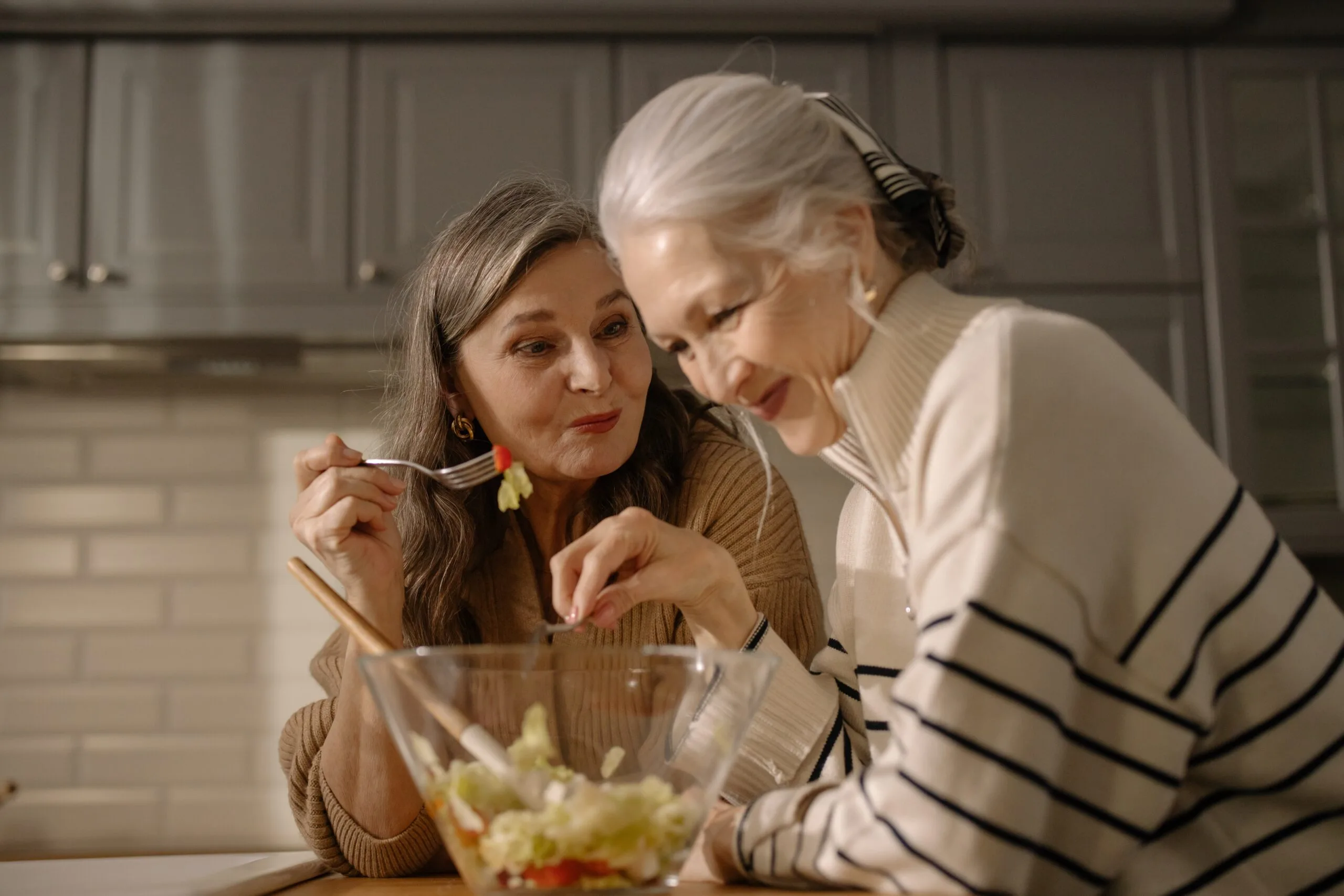According to the CDC, nearly 25% of all senior adults have some form of diabetes. It’s very likely that your elderly family members may already have this disease or are in the early stages of developing it. Alternatively, maybe they’ve already begun showing symptoms or have been diagnosed. Do you know how to help them stay healthy and live with this new complication?
Diabetes presents enough challenges to otherwise healthy young patients. When a senior adult is diagnosed, their health problems are only worsened. As a family member trying to help your elderly loved one stay healthy and happy, what are your options for helping with diabetes?
How can you help a senior loved one live with diabetes? Find out here. Share on X
What Does Their Diabetes Look Like?
Your elderly loved ones may be diagnosed with type 1 diabetes, in which case their bodies cannot produce insulin, or type 2 diabetes, where their bodies cannot effectively use the insulin they produce. Type 1 may be caused by genetics or another disease, while type 2 is more commonly caused by a poor diet or bad lifestyle choices (though genetics still play a factor). Unfortunately, there’s no known cure for either type. Both must be controlled through dietary changes, insulin supplements, exercise, or other treatments recommended by a doctor.
Symptoms to Watch For
Both types of diabetes cause similar symptoms:
- Frequent urination
- Blurred vision
- Strong hunger or thirst
- Constant sluggishness
- Slow healing of minor wounds
Type 1 diabetes is also known to affect a person’s mood and often cause unintentional weight loss. If you notice a senior family member developing these symptoms, have them screened for diabetes immediately.
Pro Tip: Diabetes often goes hand-in-hand with depression in the elderly. If your loved one has been diagnosed with diabetes or is exhibiting symptoms, have them screened for depression as well.
Treatments
Diabetes looks different for every person, and only a doctor can determine the exact method of treatment necessary. However, there are a few steps you can encourage your loved one to take in the meantime. Focus on a healthy diet with low-sugar, nutrient-rich foods. Whole vegetables, lean meats, and high-protein options are among the best choices they can make. The fewer simple carbs your loved ones eat as they deal with diabetes, the better.
Living with Diabetes
For seniors, diabetes can be a debilitating and difficult condition to live with. However, it doesn’t have to be all-consuming and drastically reduce their quality of life. With your help and some effort to stay on top of their own health, your loved ones can lead a happy, healthy life in spite of their diagnosis.
Join the conversation to learn more about managing diabetes in senior family members.





